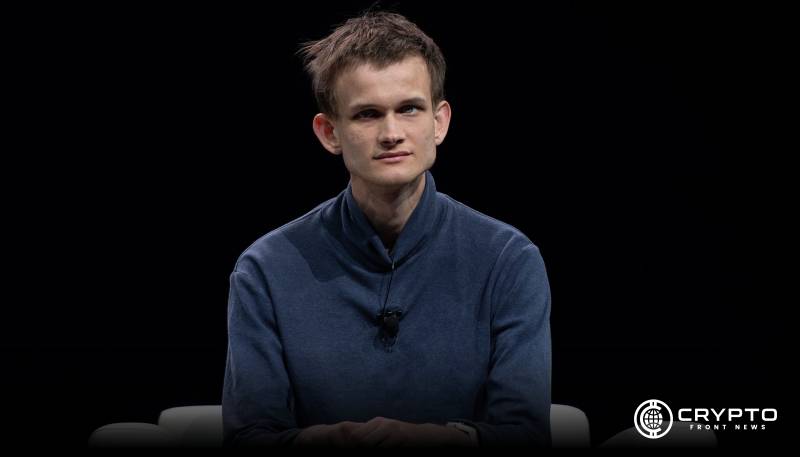- Vitalik Buterin has changed his stance, now supporting ETH as a treasury asset for companies.
- However, Buterin warned about overleveraging ETH to avoid destabilizing its price.
- His recent comments contrast with his past criticisms of Bitcoin’s treasury strategies.
In a recent interview, Ethereum co-founder Vitalik Buterin expressed a newfound acceptance of companies holding Ethereum (ETH) as part of their treasury. His comments marked a clear shift from his previous stance, particularly when compared to his harsh critique of Bitcoin treasury companies just a year ago. Vitalik now acknowledges the value of ETH as an asset for companies to manage in their balance sheets, arguing that it broadens corporate investment options.
Vitalik: Ethereum Revolutionist
However, the words of Buterin on the subject of Bitcoin treasury businesses were rather imposing. In October 2024, he criticized the Bitcoin hoarding approach embraced by Michael Saylor as being counterproductive to the ethos of the crypto space. He stressed that these strategies come under the wrong umbrella of what cryptocurrency is all about. Contrastingly, his recent comment on ETH treasury companies has a more supportive streak, as it is flexible in the corporate portfolio of Ethereum. Vitalik emphasized the idea that holding ETH in the treasury of a company may give additional financial flexibility, which will make corporations more stable.
Along the same line, Vitalik was warning despite his approval of ETH as a treasury asset. He cautioned firms on holding too much ETH and said that over-leveraging might result in volatility in the value of the asset. This might affect both the Ethereum market and the companies negatively if the ETH value drops because of overexposure.
However, we do not see Buterin making any direct reference to Bitcoin or Bitcoin treasury companies, such as the much-maligned approach taken by Michael Saylor. Bitcoin evangelist Pierre Rochard, who has tracked Buterin closely on his various pronouncements, highlighted the sharp difference in the Ethereum co-founder’s views on ETH and Bitcoin on corporate balance sheets.
Such an omission indicates that the statements by Buterin are more related to the possible healthy development of the Ethereum community than to direct counter-argumentation of the approaches by the Bitcoin enthusiasts.
The changing perspective of Vitalik Buterin about Ethereum being used as a treasury reveals how he was once criticizing the corporate approaches of Bitcoin. His promotion of ETH in corporate treasuries, muted by a warning about overleveraging, is representative of his subtle awareness of this new technology and its promise as well as its danger as a source of money. His recent comments, however, show that he is getting increasingly ready to accept Ethereum in the corporate arena.






